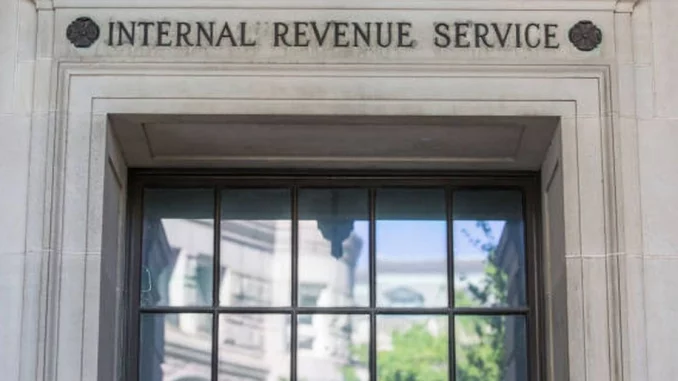
Even if you suffered losses on your crypto investments this year, there’s still some good news.
Michelle O’Connor is VP of Marketing at TaxBit
The IRS allows investors to claim deductions on cryptocurrency losses that can lessen tax liabilities or even result in a tax refund. There are also investment strategies you can use throughout the year to maximize your losses and get the most out of your crypto investments.
Offset capital gains
Cryptocurrency losses can be used to offset capital gains. A capital gain occurs when you sell, transfer or otherwise dispose of your crypto for a profit.
The tax you pay on capital gains depends on how long you’ve held your crypto.
Long-term capital losses for those assets held more than one year can be used to offset long-term capital gains; short-term capital losses for those assets held one year or less can be used to offset short-term capital gains. Remember that you’re only allowed to offset losses of the same type.
If you have both long- and short-term capital gains on an asset, it’s more beneficial to first harvest the short-term capital losses to offset your short-term gains – which have a higher tax rate.
No gains? Claim a deduction
If you don’t have any capital gains to offset, you can deduct up to $3,000 in capital losses per year from your ordinary income according to 26 U.S. Code § 1211 of the Internal Revenue Code.
If you have more than $3,000 in net capital losses in a taxable year, the excess losses can be carried forward into future tax years. You can use the losses to offset capital gains in a future tax year or claim a deduction again.
Tax-loss harvesting
You can also offset your capital gains throughout the year with an investment strategy known as tax-loss harvesting; this strategy helps you avoid unrealized losses – a loss you hold instead of selling and using for a tax refund.
Tax-loss harvesting takes advantage of dips in cryptocurrency market prices. It entails the sale of crypto or other digital assets when fair market value drops below cost basis – the asset’s value at the time you acquired it – to generate capital losses. You can continue to net those losses against capital gains and reduce your tax bill as described above.
Instead of only offsetting your capital gains at the end of the year, you could do so on a regular basis throughout the year, take advantage of those dips in price, and have those crypto investments work more efficiently for your portfolio.
Exception to the wash sale rule
As of December 2021, the wash sale rule only applies to stock and securities, not to cryptocurrency.
A wash sale occurs when a taxpayer harvests losses on a stock or security but purchases either the same one or a substantially identical one within a 30-day period before or after the sale. The IRS doesn’t allow a deduction for these losses on stocks and securities.
But the wash sale rule doesn’t apply to crypto. As a result, tax-loss harvesting is much more effective for crypto investments.
In conclusion
Don’t get distraught about your crypto losses. Losses happen to every investor. Instead, strategize about how you can put those losses to work, and continue to apply your newfound knowledge to future crypto investment plans.
Read More: IRS Wants $32M in Funding to Enforce Crypto Taxation, Hire Contractors





Be the first to comment